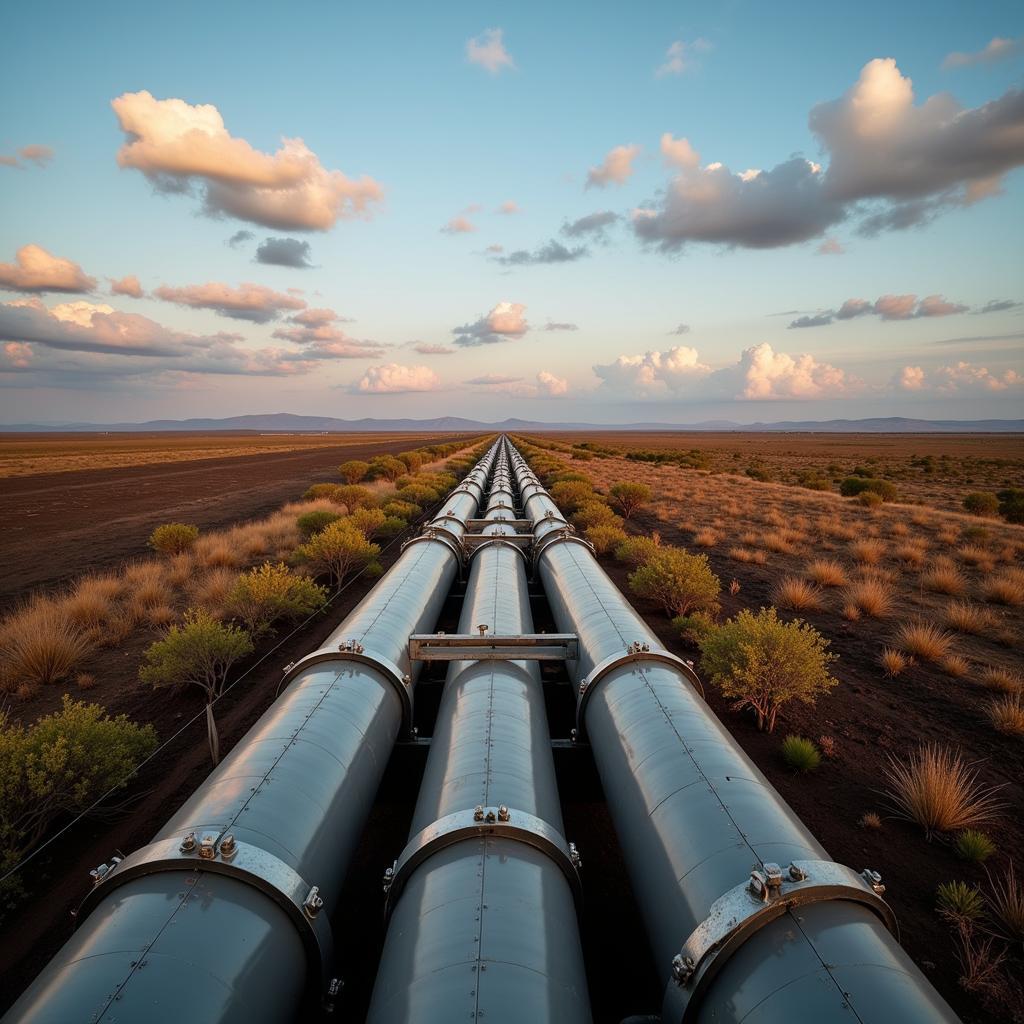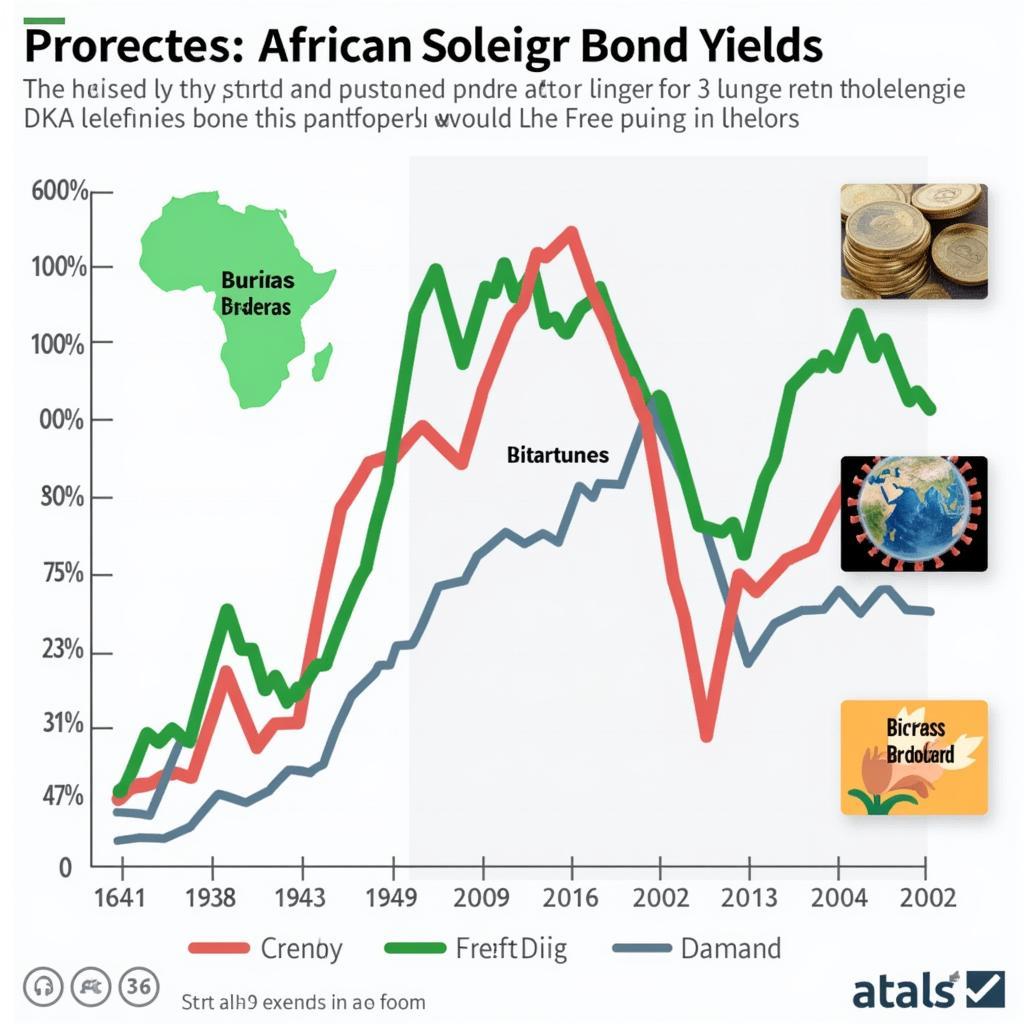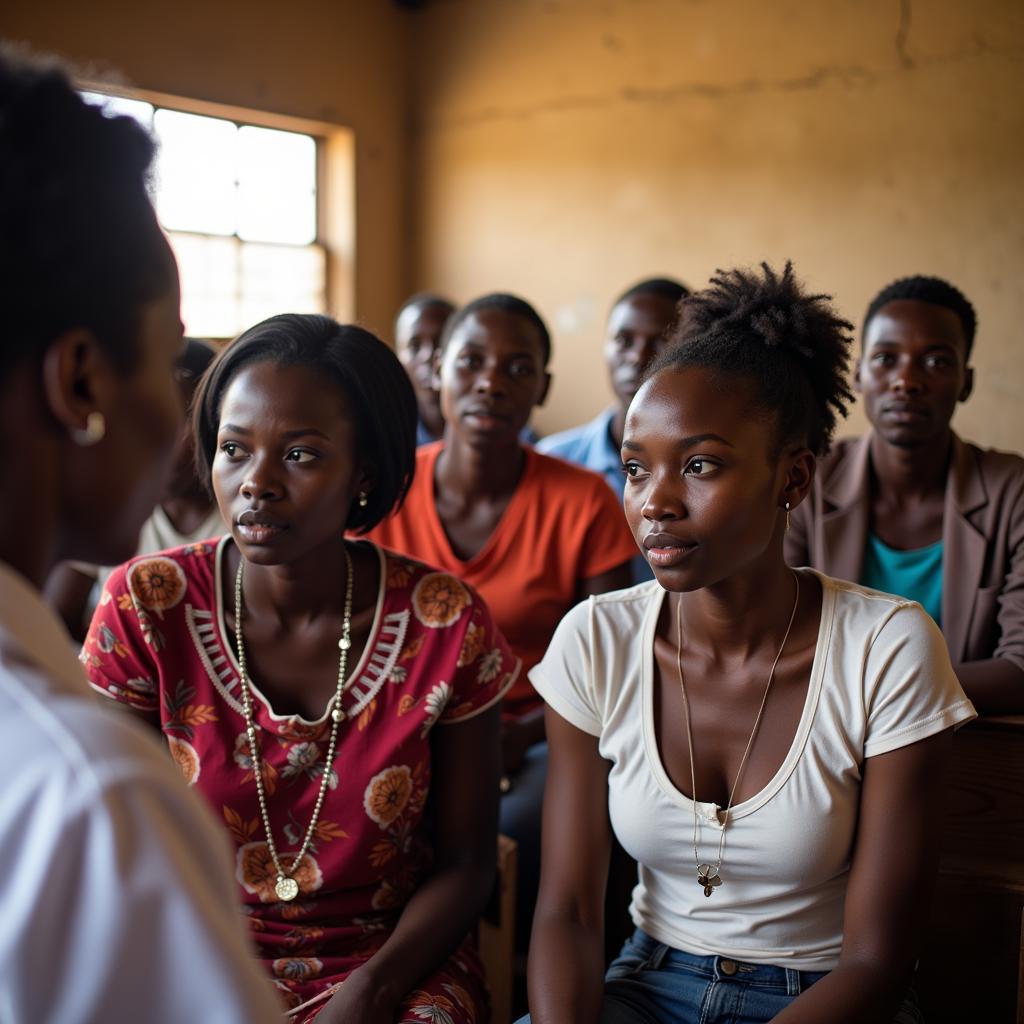Navigating the Landscape of African Crude Oil Brokers
African Crude Oil Brokers play a vital role in the global energy market, connecting buyers and sellers and facilitating the complex transactions that keep the world’s economies running. Understanding the intricacies of this market requires delving into the dynamics of supply and demand, geopolitical influences, and the specific challenges and opportunities present within the African context.
Understanding the Role of African Crude Oil Brokers
Crude oil brokers act as intermediaries between producers and refiners, ensuring a smooth flow of this essential commodity. They possess in-depth knowledge of market trends, pricing mechanisms, and logistical considerations. In Africa, this role takes on added significance given the continent’s diverse range of producers, varying grades of crude, and the evolving landscape of infrastructure and investment.
Key Functions of Crude Oil Brokers in Africa
- Connecting Buyers and Sellers: Brokers leverage their extensive networks to match buyers with appropriate sellers, ensuring efficient market operation.
- Negotiating Contracts: They handle the complex negotiations surrounding pricing, delivery terms, and other crucial contractual elements.
- Managing Logistics: Brokers often coordinate the logistical aspects of transporting crude oil, from loading to unloading and everything in between.
- Providing Market Intelligence: Their expertise provides valuable insights into market trends, helping both buyers and sellers make informed decisions.
- Risk Management: Brokers can assist in mitigating risks associated with price fluctuations, supply disruptions, and other market volatilities.
 African Crude Oil Broker Negotiating Contract
African Crude Oil Broker Negotiating Contract
The African Crude Oil Market: Challenges and Opportunities
The African crude oil market presents both unique challenges and exciting opportunities. While some nations have established oil industries, others are still in the early stages of exploration and development. This dynamic creates a complex landscape for brokers to navigate.
Challenges in the African Crude Oil Market
- Infrastructure Gaps: Limited infrastructure in some regions can hinder efficient transportation and storage of crude oil, impacting pricing and delivery timelines.
- Geopolitical Risks: Political instability and security concerns in certain areas can disrupt production and create uncertainty for investors and brokers.
- Transparency and Regulation: Developing transparent and robust regulatory frameworks is essential for fostering trust and encouraging investment in the sector.
- Financing Constraints: Access to capital for exploration, production, and infrastructure development remains a challenge in some African countries.
Opportunities in the African Crude Oil Market
- Untapped Reserves: Significant untapped oil reserves across the continent offer vast potential for future growth and development.
- Growing Demand: Rising global energy demand creates opportunities for African producers to expand their market share and contribute to global energy security.
- Technological Advancements: New technologies are improving efficiency and reducing costs in exploration, production, and transportation, unlocking new possibilities for African crude oil.
- Renewable Energy Integration: The transition to cleaner energy sources presents opportunities for African nations to leverage their oil resources strategically while investing in renewable energy infrastructure.
 African Crude Oil Pipeline Infrastructure
African Crude Oil Pipeline Infrastructure
Finding and Vetting African Crude Oil Brokers
Choosing the right broker is crucial for success in the African crude oil market. Due diligence and careful vetting are essential to ensure reliability and mitigate potential risks.
Key Considerations When Selecting a Broker
- Experience and Expertise: Look for brokers with a proven track record in the African oil market and a deep understanding of the specific challenges and opportunities in the region.
- Network and Connections: A strong network of contacts among producers, refiners, and other key players is vital for a broker’s effectiveness.
- Transparency and Integrity: Ethical conduct and transparent business practices are essential for building trust and ensuring long-term partnerships.
- Financial Stability: A financially sound broker can weather market fluctuations and provide reliable service to clients.
“A reputable broker can be the key to unlocking the potential of the African crude oil market. They possess the local knowledge, connections, and expertise to navigate the complexities of this dynamic industry.” – Dr. Abiola Adebayo, Energy Economist, University of Lagos
The Future of African Crude Oil Brokers
The African crude oil market is evolving rapidly, driven by technological advancements, shifting global demand, and the growing focus on sustainability. Brokers who can adapt to these changes and embrace innovation will be best positioned for success.
 African Crude Oil Trading on Digital Platform
African Crude Oil Trading on Digital Platform
“The future of crude oil brokerage in Africa lies in embracing digital solutions and leveraging data analytics to enhance efficiency and transparency.” – Kwame Nkrumah, Senior Commodity Trader, Accra
In conclusion, African crude oil brokers play a critical role in connecting producers and buyers, facilitating trade, and navigating the complex dynamics of this evolving market. Understanding the challenges and opportunities within the African context is essential for anyone seeking to participate in this vital sector. By partnering with experienced and reputable brokers, businesses can unlock the potential of the African crude oil market and contribute to both regional and global energy security.
FAQ
- What is the typical commission structure for African crude oil brokers?
- How do I verify the legitimacy of a crude oil broker?
- What are the key legal considerations for crude oil trading in Africa?
- How do geopolitical events impact the African crude oil market?
- What are the future prospects for the African crude oil industry?
- How can I find a list of reputable African crude oil brokers?
- What are the different grades of crude oil produced in Africa?
For further assistance, please contact us: Phone: +255768904061, Email: kaka.mag@gmail.com or visit us at: Mbarali DC Mawindi, Kangaga, Tanzania. We have a 24/7 customer service team.




